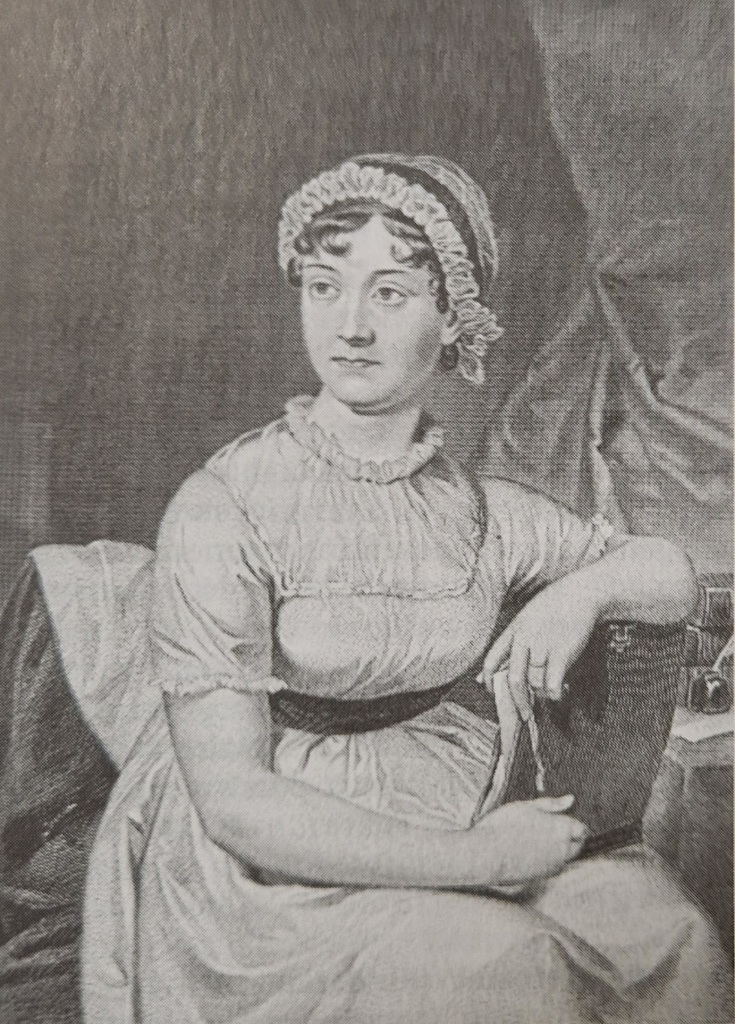What’s in a Jane?

John le Carré is an author whom I’ve long admired, but for his work, not his principles, and I have therefore been fascinated to read recent reviews of his letters (ably edited by his son) and the much less respectable addition to the le Carré literary canon, a torrid account by one of his mistresses of their clandestine relationship. His second wife’s name was Jane – a name whose long single syllable suggests calm, serenity, wisdom and a quietly mischievous take on life. Le Carré’s Jane, apparently, knew of his infidelities and chose to ignore them. It may be that she had learnt from the different – and less successful – approach taken by her predecessor, because Jane was herself le Carré’s mistress for a short time before they married. Or maybe she knew all along that the mistresses were unimportant: on her death, just a few months before his, a slip of paper was found in her handbag on which he had written that she was ever the “only woman”.
I’ve known only a few Janes – and none of them very well – but all have projected an aura of the kind of unflappable common sense that I describe. It may be because he recognised this that another writer who was also a serial adulterer, H.G. Wells, insisted on calling his (second) wife (who had also started out as his mistress) Jane, even though her name was Amy. Today most women would find it an unpardonable liberty to have their given name changed in this way, but perhaps for Wells – and therefore ‘Jane’ – the name itself was a kind of talisman, an assurance that he would not leave her, whatever else he might choose to get up to.
Alan Clark, the diarist and politician, also married a Jane. She was sixteen and he thirty-one and in his disreputable diaries – if there are ‘degrees’ of adultery it seems to me he was ‘worse’ than either Wells or le Carré – he told himself that he wanted to marry her because he would be able to control her. She would let him do as he liked. Sinister, if he really meant it. And in a sense he did, but – as Jane herself makes clear in an interview with The Daily Mail after Ion Trewin’s biography of her husband was published – ultimately he needed her much more than she needed him.
Thomas Carlyle was a vain, dour literary egotist whose wife’s name was also Jane. Jane Welsh Carlyle cushioned the great man from all the irritations of everyday life – always, for example, arranging for their London home to be spring-cleaned when he was away – and put her own aspirations second to his, even though she was an educated and witty woman who, judging from the extensive correspondence that she left, could have been a distinguished author in her own right if Thomas hadn’t so encroached on her time. She was his amanuensis, his encourager, his most perspicacious critic. Towards the end of her life, he betrayed her – not sexually, but intellectually – when he became infatuated with Harriet, Lady Ashburton, and shared with Harriet drafts of his work before he showed them to Jane. His remorse after Jane’s death was both bitter and absolute – and well-deserved.
Sticking with the Victorian period and straying into the realms of fiction, there is Jane Eyre, the archetypal sensible heroine who copes with all the Gothic adversity thrown at her – horrid stepmother, sadistic teachers, the madwoman in the attic, terminally unsexy cousin – and, yes, Mr Rochester, another self-centred attention-seeking man, not this time a serial adulterer but a would-be bigamist, who further tries her constancy by getting disfigured in a fire while attempting to save the madwoman. If the novel really does end with happily ever after, one imagines this is largely owing to Jane’s sense of humour.
Finally, what of the nation’s Jane, Jane Austen, that enigmatic Hampshire woman who taught her own and every subsequent generation how words in the English language should be crafted? She died at the age of thirty-seven, unmarried; but she was pretty and vivacious – the antithesis to the usual idea of ‘spinster’ – and in her youth had been attracted to men, and one man in particular, a certain Tom Lefroy. One account I have read of him says that he emigrated to America; another that he died young, and unexpectedly. Whichever is true – and the two details are not mutually exclusive – it’s impossible not to feel now that Jane was better off without him. Would she have penned her six peerless novels if she had been mistress of Tom Lefroy’s establishment, possibly mother to an increasing brood of children?
There’s something special about the name Jane. Despite Shakespeare’s “a rose by any other name would smell as sweet”, could these Janes have managed their challenging lives with such aplomb if they had been called Maud, Lesley or Avril?

